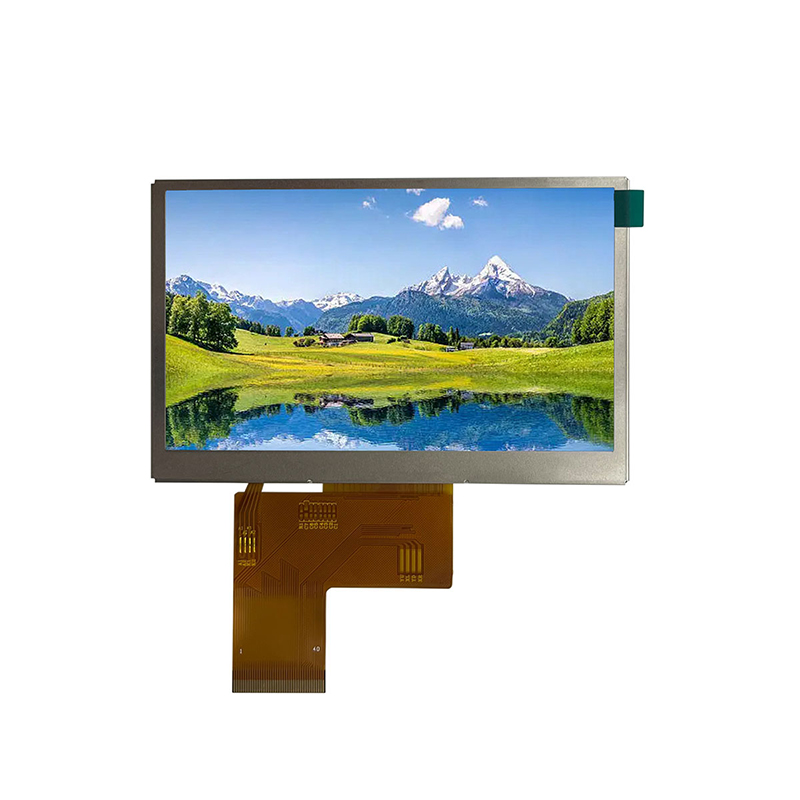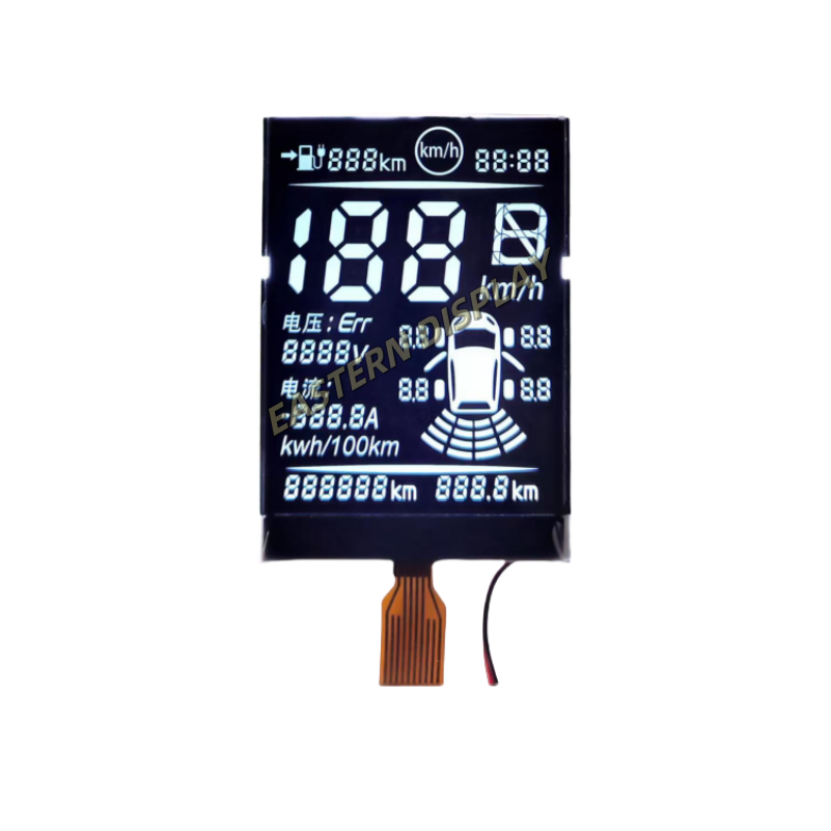
7x5 Dot Matrix Displays: A Comprehensive GuideThis article provides a detailed overview of 7x5 dot matrix displays, covering their specifications, applications, advantages, disadvantages, and selection considerations. We explore different types, common uses, and factors to consider when choosing the right display for your project. Learn about interfacing, power requirements, and troubleshooting common issues.
7x5 dot matrix displays are ubiquitous in various applications, from simple digital clocks to more complex industrial control systems. Understanding their capabilities and limitations is key to successful integration into your project. This guide aims to provide a comprehensive resource for anyone working with these displays, from hobbyists to experienced engineers.
A 7x5 dot matrix display is a type of LED or LCD display that uses a grid of 7 rows and 5 columns of individual light-emitting elements (pixels) to form characters and simple graphics. Each element can be individually turned on or off to create different patterns. While seemingly limited in resolution, their compact size and low power consumption make them ideal for numerous applications.
The most common types are LED and LCD 7x5 dot matrix displays. LED displays typically offer brighter output and wider viewing angles, but consume more power. LCD displays are more energy-efficient but might have less vibrant visuals and narrower viewing angles. The choice depends heavily on the specific needs of your application.
7x5 dot matrix displays are widely used in a variety of applications, including:
A 7x5 dot matrix display provides a resolution of 7x5 pixels per character. The number of characters displayed varies depending on the specific module, with some displays capable of showing multiple characters in a single line.
These displays usually communicate using simple parallel interfaces. Understanding the specific pinouts and communication protocols (such as SPI or I2C) is essential for proper integration. Datasheets provided by manufacturers are invaluable in this regard. Many microcontrollers can easily interface with these displays.
Power consumption varies between LED and LCD versions. LED displays generally require more power compared to their LCD counterparts. Check the manufacturer's datasheet for the precise voltage and current requirements for your specific display.
The brightness and contrast of the display are significant factors in readability. LED displays generally offer greater brightness, while LCD displays often rely on backlighting to achieve sufficient brightness levels. Ambient lighting should also be considered when selecting a display.
Choosing the appropriate 7x5 dot matrix display involves careful consideration of several factors including:
Common problems with 7x5 dot matrix displays often relate to improper wiring, power issues, or faulty components. Double-check your wiring against the display's datasheet. Insufficient power can lead to dim or flickering displays. If a segment isn't lighting up, it might indicate a damaged LED or connection.
For more detailed information and specific product details, we recommend consulting datasheets directly from manufacturers. Many online resources, forums, and tutorials offer further assistance with interfacing and programming these displays. Consider exploring reputable electronics suppliers for a wide selection of 7x5 dot matrix displays. Dalian Eastern Display Co., Ltd. (https://www.ed-lcd.com/) offers a range of high-quality displays for various applications.
| Display Type | Typical Brightness | Power Consumption | Viewing Angle |
|---|---|---|---|
| LED | High | Higher | Wide |
| LCD | Moderate | Lower | Narrower |
Note: Brightness and power consumption values are typical and can vary depending on the specific model and manufacturer. Refer to the individual product datasheets for accurate figures.












